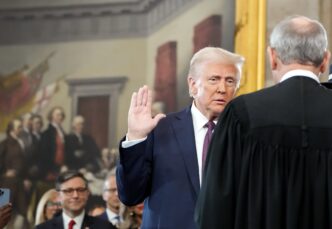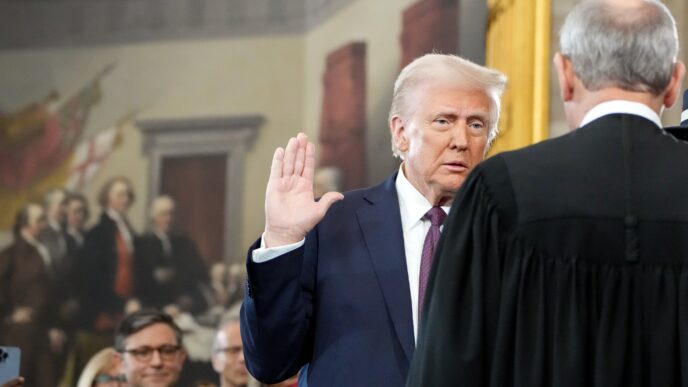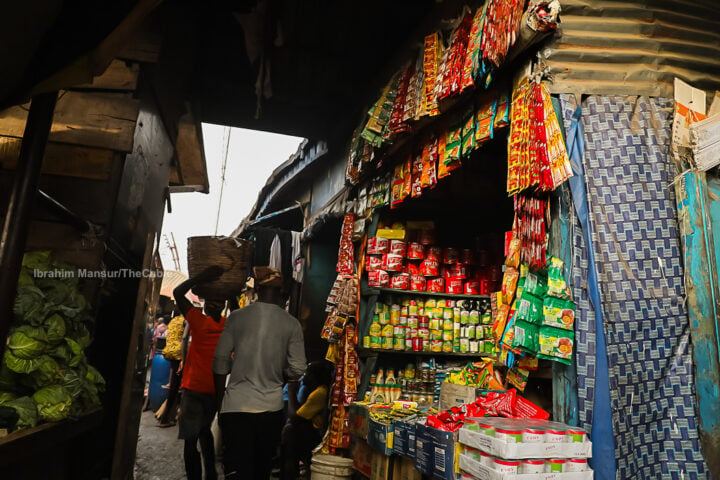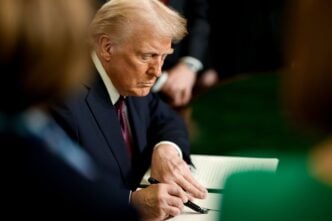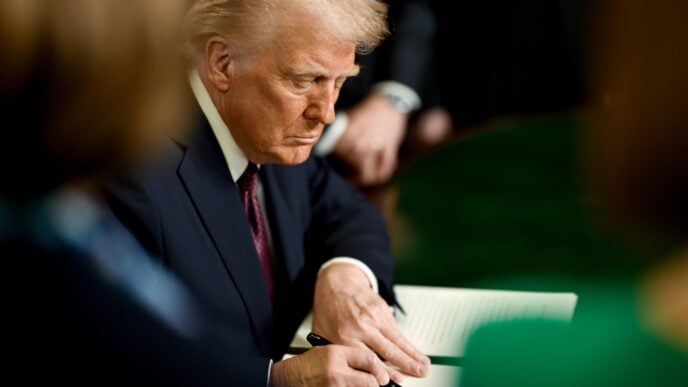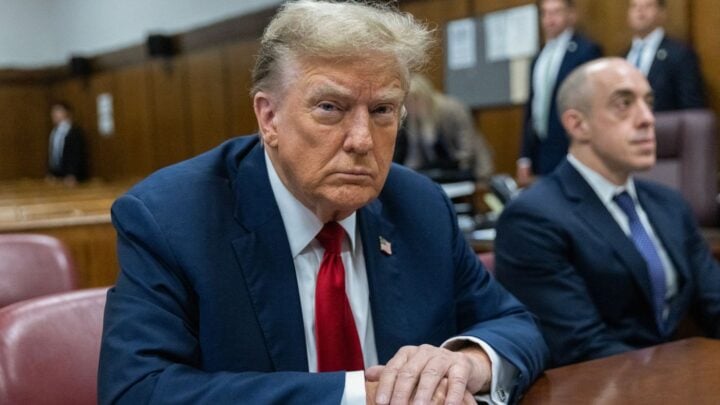New telecom tariffs are here, and this is official. The Nigerian Communications Commission (NCC) said Monday night that it has granted a 50 percent tariff adjustment to the industry operators for industry sustenance and for continuing service delivery.
This is the first raise since 2013. Although the operators had mounted a sustained campaign, demanding for 100 percent increase, the regulator said it granted 50 percent as it tried to balance the twin interests of the operators and consumers who are struggling to deal with the same economic variables but at different degrees.
Although empowered by the Communications Act 2003 with such responsibilities, a new tariff regulation would usually come into force after some cost based studies would have been done. This writer is aware that some works were done in that direction but the regulator did not need to plead any particular one to arrive at a decision at this time that Nigerians are facing sizable squeeze from multiple directions.
In the statement titled, NCC Approves Requests for Tariffs Adjustments by Operators, Public Affairs Director, Reuben Muoka, said: “The Nigerian Communications Commission (NCC), pursuant to its power under Section 108 of the Nigerian Communications Act, 2003 (NCA) to regulate and approve tariff rates and charges by telecommunications operators, will be granting approval for tariff adjustment requests by Network Operators in response to prevailing market conditions.
Advertisement
“The adjustment, capped at a maximum of 50 percent of current tariffs, though lower than the over 100 percent requested by some network operators, was arrived at taken into account ongoing industry reforms that will positively influence sustainability,” the NCC said.
I am not expecting most consumers to understand this development and may want to seek protection from the courts. Nobody will blame them. Afterall, the prevailing socio-economic situation in the country is putting nearly everybody under pressure wiith so many people in no good position to accommodate new costs without caving in.
But the operators also live here. They are saying that their basket of worries is becoming too heavy for them and there could be a snap soon if urgent steps were not taken. They evidenced their plight with the trading losses of MTN and Airtel who in a single year, have lost so much money, more than the budgets of several states in Nigeria, put together. Just two organisations! And that is reality.
Advertisement
For instance, an MTN source told this writer that the operator lost money in excess of N700bn last year and was therefore unable to pay dividends to their shareholders. No good news for an investor that had put money in a blue chip organisation by Nigerian standard. Airtel by financial year ending March 31, 2024, lost $89m in operations across Africa, with losses mostly attributable to the exchange rate volatility in the Nigerian market.
The NCC was careful to take a much expected decision without creating a wrench within the industry as it said, “these adjustments will remain within the tariff bands stipulated in the 2013 NCC Cost Study, and requests will be reviewed on a case-by-case basis as is the Commission’s standard for tariff reviews. It will be implemented in strict adherence to the recently issued NCC Guidance on Tariff Simplification 2024”.
Here is the simple explanation. NCC has only reformatted a 2013 decision which the operators couldn’t operationalise because of two reasons: one, because of competition and two, because of official meddlesomeness and industry capture which happened much later before the present administration. Ever since, the tariff floor remains at N6.40 with the ceiling hanging at N50. The operators should always been able to navigate between the tariff window or band but for the exceptions in Nigeria.
A highly placed NCC source lamented that the regulator didn’t do what it should have done, by permitting marginal increase every year which should have made any adjustment less impactful.
Advertisement
If you permit the cliche, the regulator seems to be waking up from a very long sleep, but it is still much better that a renaissance feeling seems to be enveloping the place. The new feeling is that, based on data and studies available, the industry is in so much trouble requiring urgent measures to address them layer after layer.
This is what is responsible for the renaissance feel. A source within the regulatory institution told this writer that every month the industry guzzles about 40m litres of diesel, and that translates to about N48bn. Money that should have been spent on expansion of infrastructure and services is just burnt by the generators at the base stations because the nations power grid isn’t up to scratch.
A highly placed source at the NCC pointed out that the “nation’s telecommunications
Industry was built on transparency and professionalism in the the days of Engr Ernest Ndukwe. We know how we got to where we are and may not be able to walk back to the past, but we have to make the indsutry a better place for the sake of its importance.”
Imagine a Nigeria without connectivity, the source dared me. I couldn’t react appropriately because my personal experience tells a story of its own. The first time I held a phone in my hands and made a call was in 1981 after I got into the university. Years latter when I worked at the Vanguard, it was my assignment as Hi Tech Editor to purchase two limited mobility phones for two of my bosses. For two days I carried N360,000 cash in my bag from Apapa to Lagos Island. No instant cash transfer, no mobile or internet banking. Sometimes you had to take tally number to achieve some speed at the bank. It was the world of the Stone Age. It was only through divine intervention I succeeded the second day. You can laugh at me now but that was our world.
Advertisement
Imagine a Nigeria without connectivity, the voice came again. Even the NCC does not look forward to such a world and has been taking some quiet measures to build a more resilient indsutry, the source disclosed.
The NCC has encouraged the industry operators to trade well with each other by ensuring they settle interconnect debt promptly. It used to be a mountain of debts dating back in years. The debt, one has gethered, has come down by 40 percent. In simple parlance, interconnect fee is the money operators pay for technical relationship with each other. Each time a call is made from one network to another, a fee is involved and the calls are aggregated by the parties at the end of the month.
Advertisement
Also last week, the NCC tackled the lingering debt issue the banks owed mobile operators through Unstructured Supplementary Data Services (USSD). By December 2024, 18 banks were owing the operators about N250bn. The debt had been piling up for years, but under the Muhammadu Buhari administration, it was viewed politically that any attempt by the operators to enforce payment would have political consequences, especially for a government that was ineffective and unpopular.
Last week , the NCC empowered the operators to collect their USSD debts and by January 27, 2025, disconnect whoever couldn’t make payments. It also released a list of the banks making life difficult for operators through debt. It was no political decision but regulatory. There was no upheaval. The banks have largely complied with the exception of just five of them. But it is not January 27 yet.
Advertisement
The NCC says it is working towards cleaning up the industry and reposition it for growth and quality service delivery. It has recently issued a Tariff Simplification Guideline mandating operators to make service offering, including data very simple instead of shrouding them in sales and promo abracadabra. A new Code of Corporate Governance is also expected to come into place soon.
The NCC source says the regulator is working with the NSA, State Governors and other relevant stakeholders to ensure that telecom infrastructure are not damaged during road construction works and through some other villainous, activities after President Tinubu issued Presidential Order on Critical National Infrastructure of which Telecoms is a critical part. The industry needs its infrastructure to be given extra cover to encourage the operators to build a more resilient and robust network.
Advertisement
The telecoms industry which promised so much hope has recently suffered its share of a bouquet of challenges facing the country. But the NCC is promising a new lease of opportunities and industry reforms.
“The NCC reaffirms its dedication to fostering a resilient, innovative and inclusive telecommunications sector. Beyond protecting consumers, the Commission’s actions are designed to ensure the long-term sustainability of the industry, support indegenous vendors and suppliers, and promote the overall growth of Nigeria’s digital economy,” the regulator said in a statement.
Time, they say, will tell.
Views expressed by contributors are strictly personal and not of TheCable.




